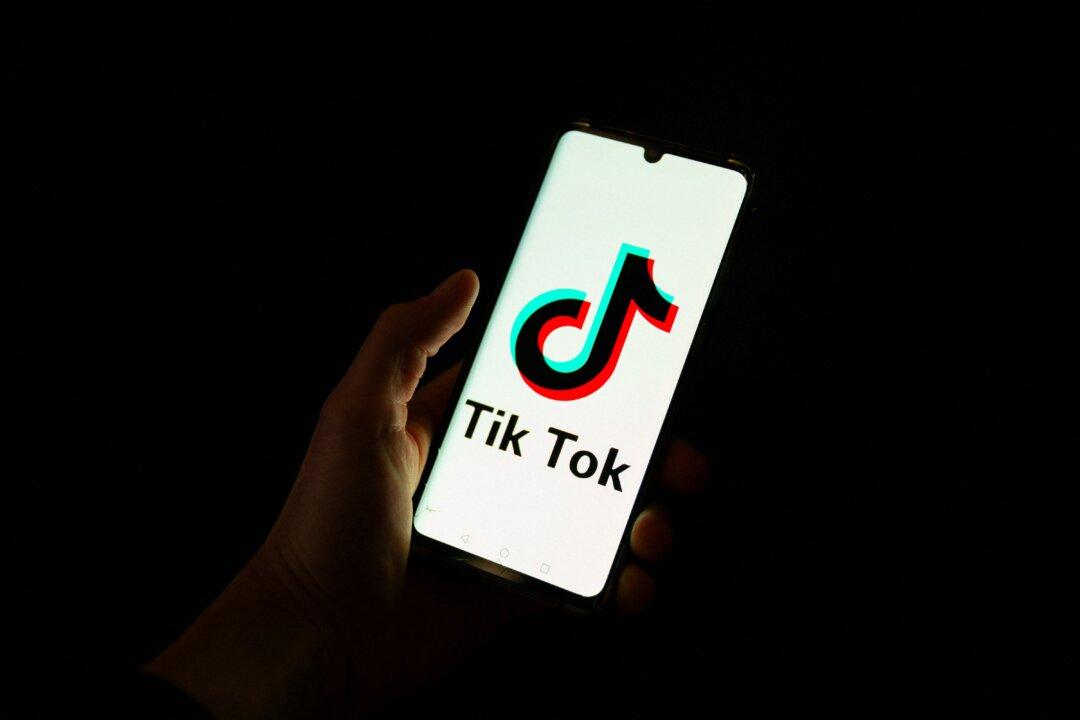A federal appeals court ruled on Aug. 27 that the lawsuit brought by Tawainna Anderson against TikTok for her 10-year-old daughter’s death can continue. It found that Section 230 of the Communications Decency Act (CDA) does not shield TikTok from these kinds of lawsuits and partly reversed a district court ruling that upheld the CDA immunity.
During oral arguments in January, counsel for Anderson argued that TikTok was not merely a publisher because its sophisticated algorithm is known for its ability to recommend specific content to users.





